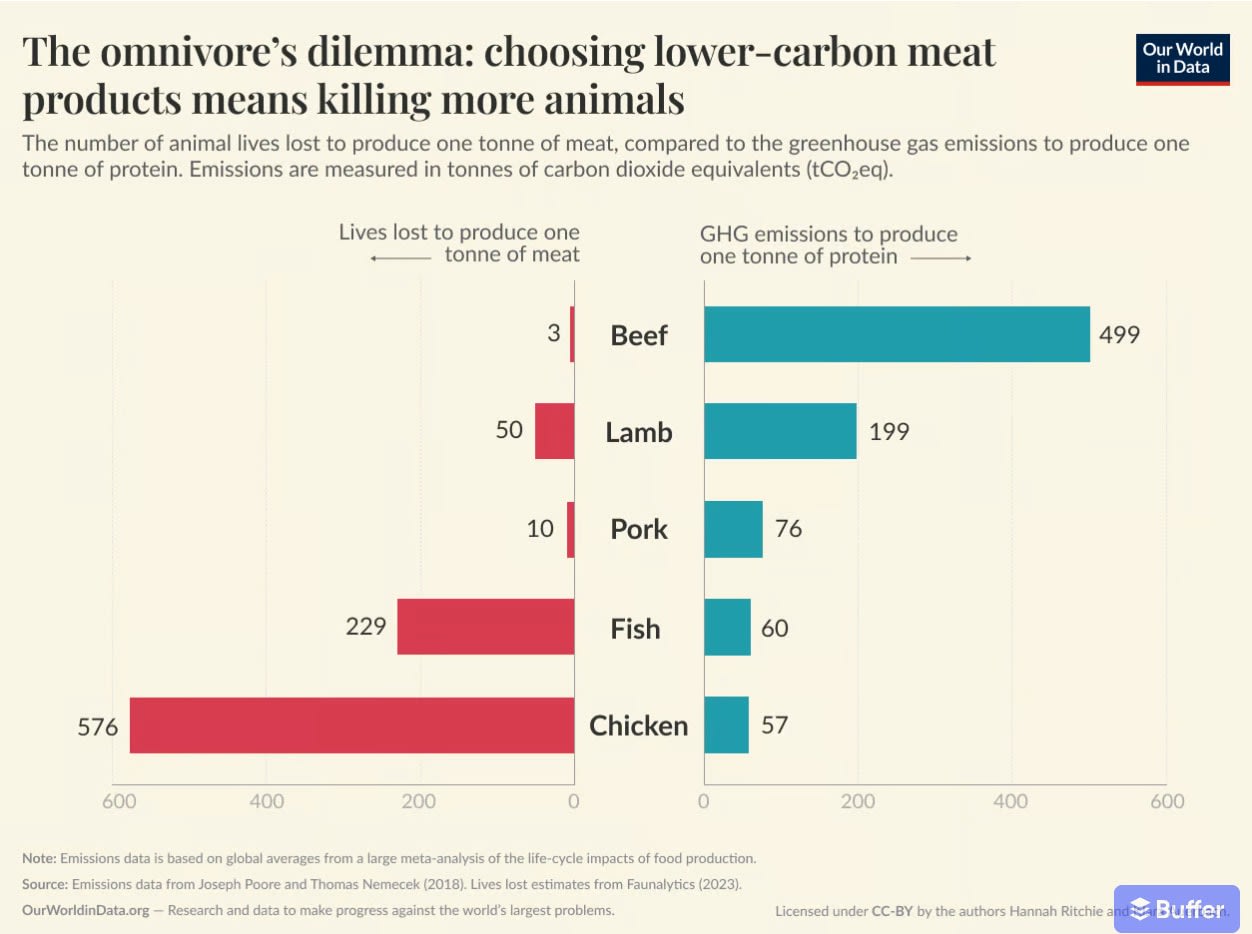TL;DR Having a good research track record is some evidence of good big-picture takes, but it's weak evidence. Strategic thinking is hard, and requires different skills. But people often conflate these skills, leading to excessive deference to researchers in the field, without evidence that that person is good at strategic thinking specifically. I certainly try to have good strategic takes, but it's hard, and you shouldn't assume I succeed!
Introduction
I often find myself giving talks or Q&As about mechanistic interpretability research. But inevitably, I'll get questions about the big picture: "What's the theory of change for interpretability?", "Is this really going to help with alignment?", "Does any of this matter if we can’t ensure all labs take alignment seriously?". And I think people take my answers to these way too seriously.
These are great questions, and I'm happy to try answering them. But I've noticed a bit of a pathology: people seem to assume that because I'm (hopefully!) good at the research, I'm automatically well-qualified to answer these broader strategic questions. I think this is a mistake, a form of undue deference that is both incorrect and unhelpful. I certainly try to have good strategic takes, and I think this makes me better at my job, but this is far from sufficient. Being good at research and being good at high level strategic thinking are just fairly different skillsets!
But isn’t someone being good at research strong evidence they’re also good at strategic thinking? I personally think it’s moderate evidence, but far from sufficient. One key factor is that a very hard part of strategic thinking is the lack of feedback. Your reasoning about confusing long-term factors need to extrapolate from past trends and make analogies from things you do understand better, and it can be quite hard to tell if what you're saying is complete bullshit or not. In an empirical science like mechanistic interpretability, however, you can get a lot more fe



Hi everyone,
I’m Carolina, International Executive Director of Sinergia Animal.
I want to acknowledge that members of this community have shared this post with us, and we truly appreciate your engagement and interest in our work. A deep commitment to create real change, transparency and honesty have always been central to our approach, and we will address all concerns accordingly.
To clarify in advance, we have never taken credit for pre-existing or non-existent policies, and we will explain this in our response. We always strive to estimate our impact in good faith and will carefully review our methodology based on this feedback to address any concerns, if valid.
This discussion comes at a particularly busy time for us, as we have been attending EA Global while continuing our critical work across eight countries. We appreciate your patience as we prepare a thorough response.
As a best practice, we believe organizations mentioned by others in posts should have the chance to respond before content is published. We take the principle of the right to reply so seriously that we even extend it to companies targeted in our campaigns or enforcement programs. In that spirit, we will share our response with Vetted Causes via the email provided on their website 24 hours (or as much time as Vetted Causes prefers) before publishing it on the Forum.
The EA community has been a vital supporter of our work, and we hope this serves as an constructive opportunity to provide further insight into our efforts and approach.
Best,
Carolina